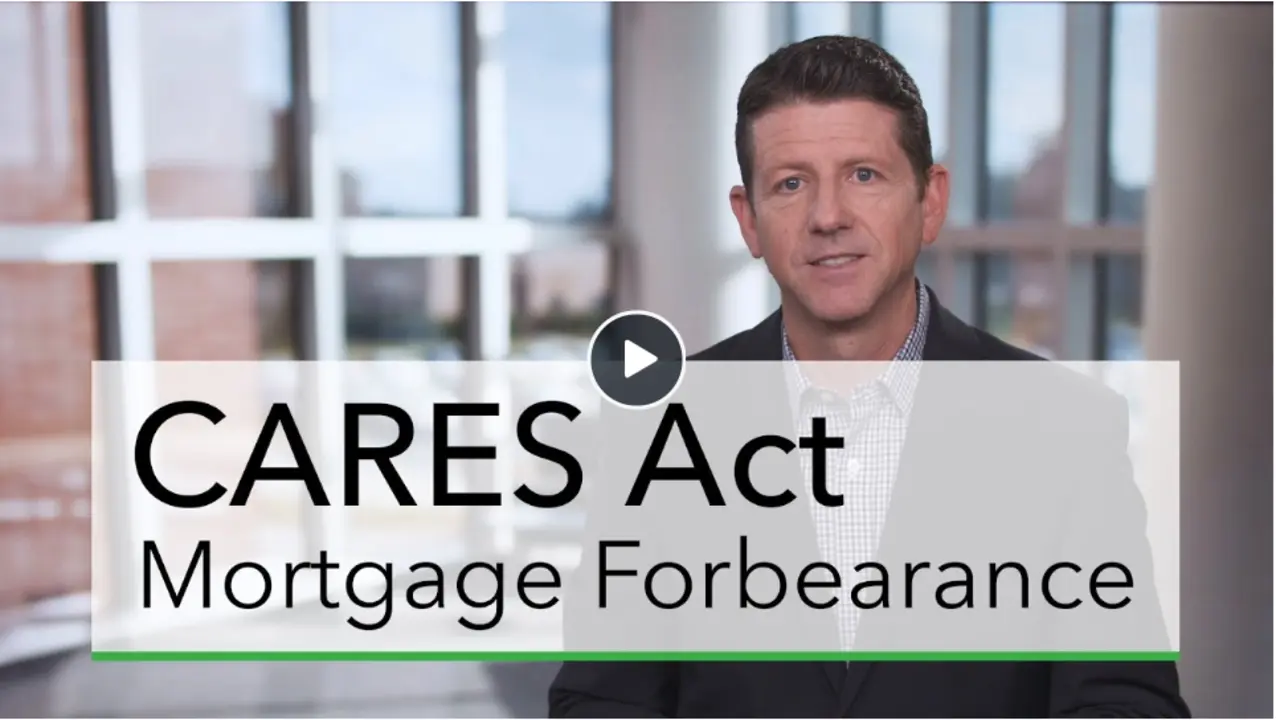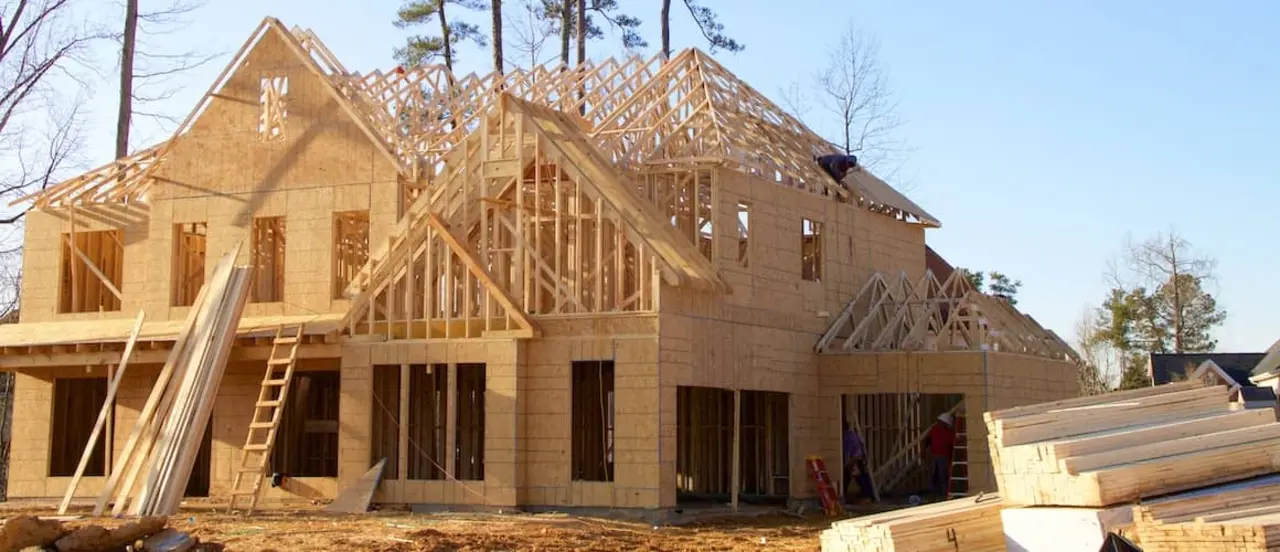Tag: mortgage
What is the longest time period one can take to pay off a house?
I recently researched the longest time period one can take to pay off a house, and it turns out that it varies depending on the mortgage terms. Generally, the most common mortgage term is 30 years, but some lenders offer extended terms up to 40 or even 50 years. These longer terms lead to lower monthly payments but result in paying more interest over the life of the loan. It's essential to weigh the pros and cons before deciding on a mortgage term to ensure that it meets your financial needs and goals. In some countries, alternative lending options such as intergenerational mortgages may even allow for repayment periods exceeding 50 years.
What is a mortgage forbearance, and how long is it for?
Mortgage forbearance is a temporary agreement between a homeowner and a lender to suspend or reduce payments due on a loan. The agreement typically lasts for a specified period of time, usually several months. During this period, the lender agrees not to pursue collection efforts, such as foreclosure or repossession of the home. This allows the homeowner to catch up on missed payments or to gain relief from other financial hardships. The agreement must be made in writing and acknowledged by both parties. After the forbearance period ends, the homeowner is responsible for making up the missed payments and bringing the loan current.
Who is the lender with the best online mortgage application?
Finding the best lender for an online mortgage application can be a daunting task. With so many options available, it's important to review each lender's offerings to find the best fit for your financial goals. When researching online mortgage applications, consider loan type, requirements, fees, and customer service. A lender with a comprehensive online mortgage application that meets your specific needs is the best choice. Look for lenders that offer competitive rates, a simple application process, and clear communication. Finally, research customer reviews to gain insight on the lender's service and reputation. With the right lender, you can be sure that your online mortgage application will be in good hands.
How many years should I get for a home loan?
A home loan can be a great way to get the house of your dreams. But how many years should you get it for? It really depends on your circumstances, but typically it's best to opt for a loan term between 10 and 30 years. The shorter the loan term, the lower your monthly payments will be, but you'll end up paying more in interest over the life of the loan. On the other hand, a longer loan term will mean smaller payments and less interest paid, but you'll be tied to the loan for a longer period of time. Consider your financial situation, future goals, and desired lifestyle when deciding on the right loan term for you.
What are some unusual fees hidden in mortgage loans?
Mortgage loans can often include unexpected fees that can add up quickly. Many lenders charge an origination fee, which is a percentage of the loan amount. Additionally, some lenders require a prepayment penalty if a borrower pays off their loan early. Appraisal fees and closing costs can also be hidden fees in a loan agreement. Lastly, some lenders may require additional fees for certain services, such as underwriting, document preparation, and tax services. When looking for a loan, be sure to read the loan agreement carefully and ask questions to make sure you understand all of the fees associated with the loan.
How does mortgage insurance protect the lenders?
Mortgage insurance helps lenders protect against losses if borrowers default on their mortgage payments. It protects lenders from the risk of non-payment and helps ensure that borrowers can afford to make their payments. Mortgage insurance can reduce the amount of money a lender needs to put down as a down payment and allows lenders to offer more competitive mortgage rates. Mortgage insurance also helps lenders to recoup some of the costs associated with a loan if the borrower defaults. This helps lenders to protect their investments and reduce the amount of money they might lose if the borrower is unable to pay back the loan. With mortgage insurance, lenders can offer more competitive rates and borrowers can enjoy the benefits of a lower interest rate.
I worked 52k a year. How much mortgage can I afford?
Mortgage affordability depends on many factors, such as annual income, debt-to-income ratio, and credit score. With an annual income of $52,000, you may be able to afford a mortgage that costs up to two and a half times your gross income. This is a general guideline, and other factors should be taken into consideration. You can use online calculators to help you determine the exact amount you can afford for a mortgage. Additionally, you should speak to a loan officer or mortgage broker to discuss the best options for you. With the right guidance, you can find a mortgage that fits within your budget and helps you reach your financial goals.
Can you get a mortgage on a house that needs work?
Getting a mortgage on a house that needs work can be a great opportunity for home buyers. With the right renovation loan, you can cover the cost of repairs and upgrades and make the home of your dreams. It's important to understand the process and the risks involved before taking on a fixer-upper. A mortgage broker can help you navigate the loan process and make sure you get the best deal. With the right financing and a little bit of hard work, you can turn an outdated home into a beautiful, modern oasis.
How do mortgages work?
Mortgages are a type of loan used to purchase a property. They are typically secured against the property itself and are paid back in installments over an agreed period of time, typically 25 years. When taking out a mortgage, you agree to pay the lender a fixed sum of money each month and in return, they will provide you with the funds to purchase your property. Interest is added to the amount borrowed and must be paid back alongside the original sum. At the end of the term, the property should be fully owned by the borrower. Mortgages are a great option for those looking to purchase a property and require a large amount of money, but they must be paid back in full, with interest, within the specified period of time.
How to buy a house mortgage for a low income?
Buying a house can be a daunting prospect, especially for those on a low income. Fortunately, there are options available to help make your dream of homeownership a reality. Mortgages for low-income earners work similarly to traditional mortgages, but come with more flexible options to make them more accessible. To get started, it's important to understand what your credit score is, as this will impact the interest rate you're offered. Additionally, many lenders offer lower interest rates for those with a low income, so it's important to shop around and compare offers. Finally, you may be eligible for government programs that can help reduce your down payment and monthly payments. With the right tools and a bit of research, homeownership can be within reach.
- 1
- 2









